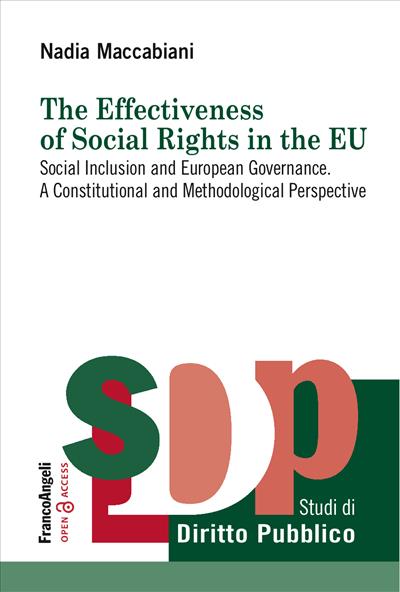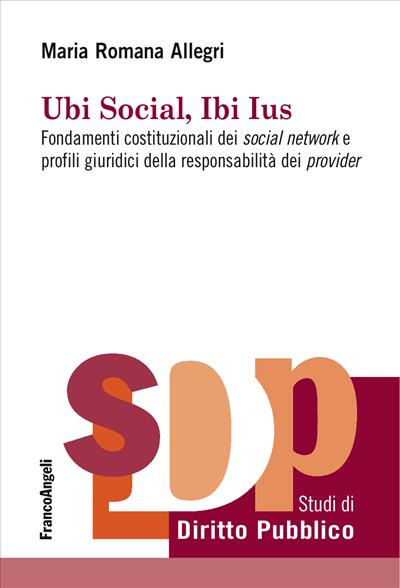
The Effectiveness of Social Rights in the EU.
Social Inclusion and European Governance. A Constitutional and Methodological Perspective
Increasing inequalities, social exclusion and poverty within the EU prove that the effectiveness of social rights falls behind their formal entitlements and their judicial enforceability. The focus would shift to experimental ways better able to cope with the current multifaceted implications of social exclusion, poverty and inequalities for the purpose of effective and improved social inclusion.
Pagine: 192
ISBN: 9788891767561
Edizione:1a edizione 2018
Codice editore: 11590.1
Informazioni sugli open access




